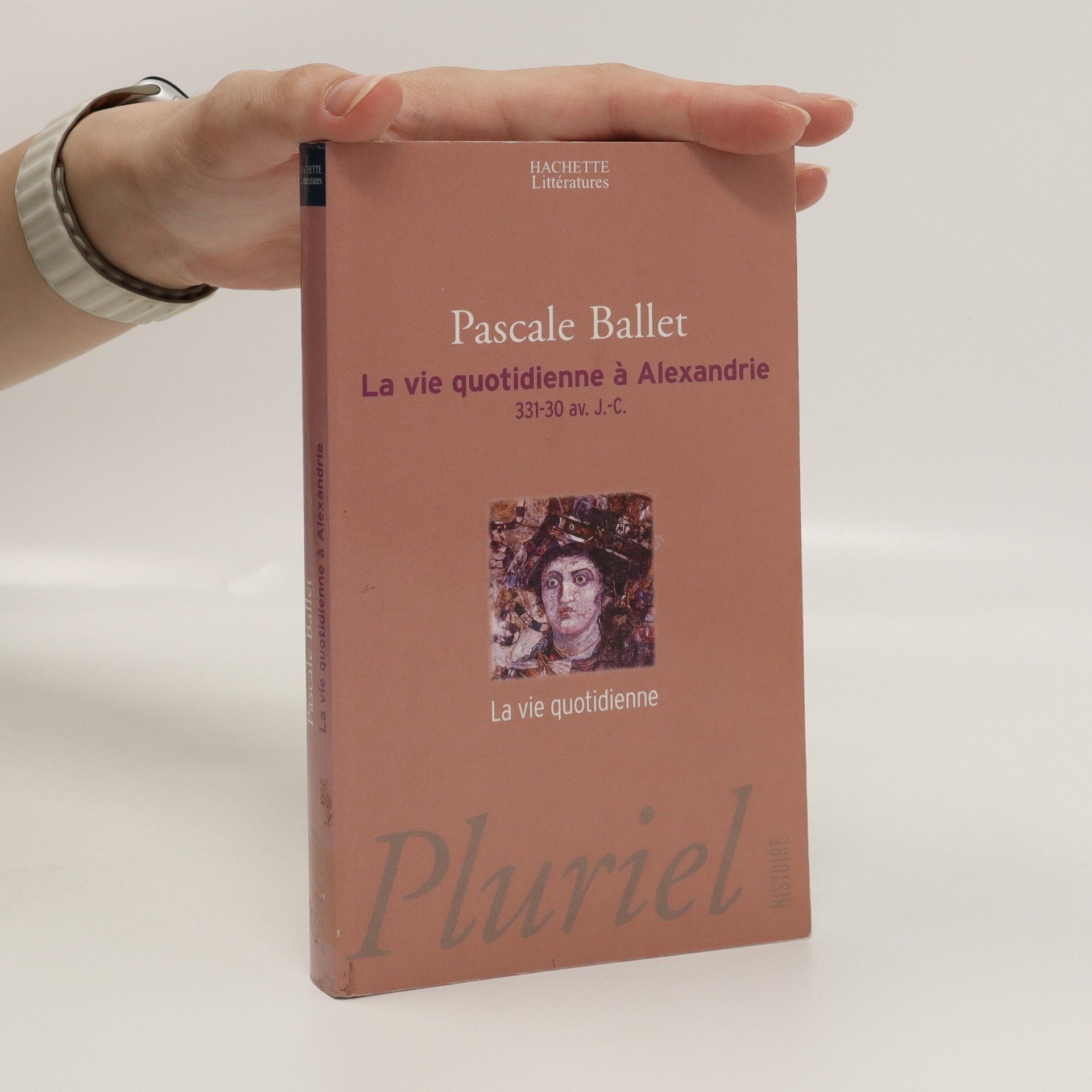La vie quotidienne à Alexandrie. 331-30 av. J.-C
- 287pages
- 11 heures de lecture
Capitale culturelle mais aussi économique du monde hellénistique, la ville fondée par Alexandre exerce son rayonnement sur tout le pourtour méditerranéen. La dynastie des Ptolémée y encourage en effet les sciences (médecine, géographie, astronomie, mathématiques, etc.), tout comme la littérature et la poésie, consacrant leur développement par la fondation de la célèbre Bibliothèque. Pascale Ballet nous fait pénétrer dans l'univers des Alexandrins grecs, égyptiens ou juifs, esclaves ou étrangers, venant de tout le monde alors connu. Proposant une véritable anthropologie de la vie quotidienne à Alexandrie (religion, habitat, éducation, cuisine, vêtements, mariage et rites funéraires), l'auteur restitue une vitalité et une diversité qui suscitèrent, longtemps encore après sa chute, l'admiration de Rome.
